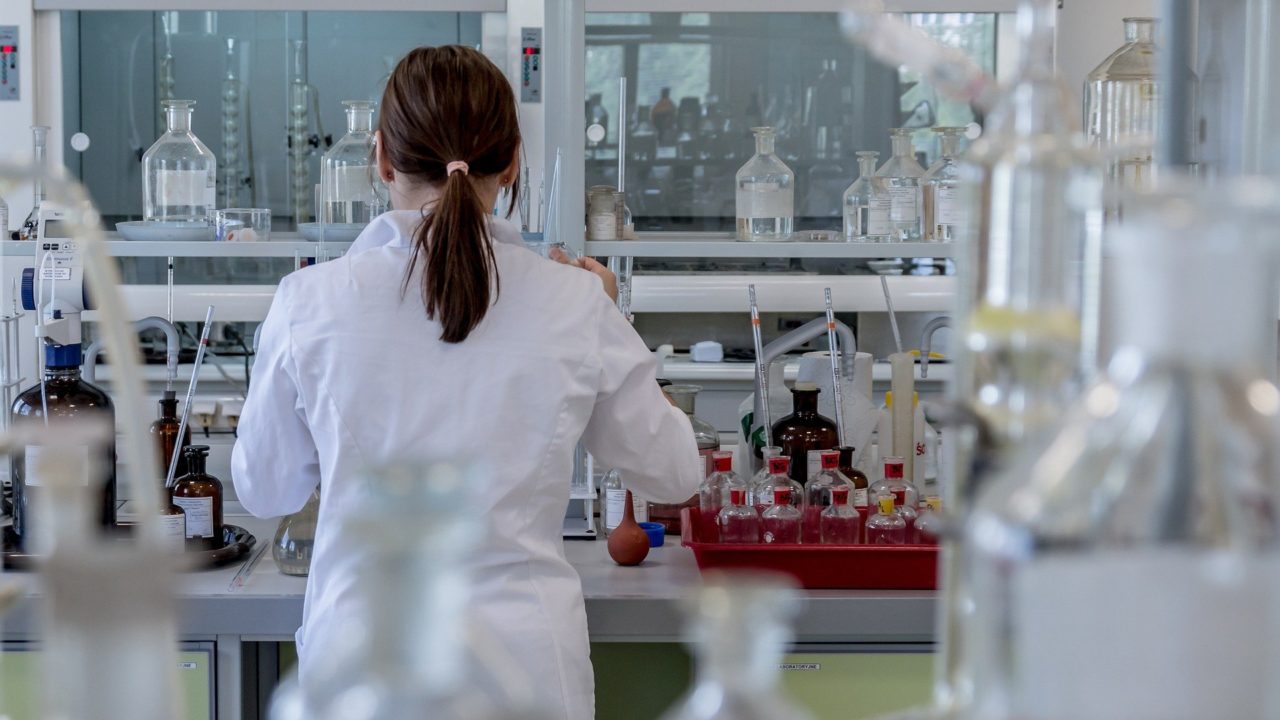Gene-editing has been hailed by many scientists as representing a quantum leap forward in the field of plant and animal breeding. The technology is now the subject of ongoing public consultation in England and Wales.
However, the European Union (EU) consistently strikes a more cautious tone on the matter deciding – up to this point – to regulate gene-editing and genetic modification (GMO) in the same manner.
In contrast to genetic modification, gene-edited organisms do not contain DNA from different species, and instead only produce changes that could be made slowly, using traditional breeding methods.
Teagasc analysis of gene-editing
A Teagasc spokesperson said that the organisation continues to explore editing as a research tool in accordance with current EU GMO legislation.
“The work is lab-based and focused on investigating the use of editing as a proof-of-concept technique to study the function of specific genes of interest.
“These candidate genes have been selected due to their potential to improve performance and/or reduce future inputs in production systems.
“As per our strategic remit to investigate the potential impact of novel technologies, Teagasc will continue to examine the relevance of novel breeding techniques as they are developed and reported in the published literature. Also being explored is societal acceptance to gene-editing technologies.”
AFBI on gene-editing
The Agri-Food and Biosciences Institute (AFBI) in Northern Ireland believes that gene-editing could make a real and positive difference when it comes to developing bespoke animal and plant breeding solutions and offers opportunities for the future of farming.
Dr. Johnathan Dalzell, Head of AFBI’s grassland and plant science branch, said:
“Northern Ireland has a unique climate and environment. Looking to the future, farmers here will need access to plants and animals that can deliver for them across a wide range of parameters.
“Producing food more efficiently and sustainably is a very obvious priority in this regard, as is the need to develop land management systems that sequester carbon and circulate nutrients in the most efficient way possible. Gene-editing could play an important role towards these goals.”
The AFBI representative went on to confirm that gene editing is a proven technology.
“It works,” he stressed, “I have used gene editing successfully while working as a research scientist at Queen’s University Belfast [QUB].”
EU guidelines
Dalzell is aware that the EU has made precision breeding technologies subject to the 2001 EU Directive that bans genetically modified organisms.
“As a consequence, gene editing cannot be used to routinely breed new plants and animals for commercial purposes in the EU, since it is regulated as a form of genetic modification, and the cost of deregulation would be prohibitively high,” he said.
“However gene editing introduces changes that are similar to those created by random mutagenesis, which is a mainstay of traditional breeding methods. Indeed, gene-editing can introduce those changes in a much more specific way, which minimises unexpected or unwanted genetic alterations.
“Whilst random mutagenesis is classed as genetic modification, it is approved within EU regulations.”
According to Dalzell, the exploration of gene editing within breeding programmes is warranted, as it could significantly accelerate genetic improvement and could offer new opportunities if government approvals are realised.
“Indeed scientific teams across the UK and Ireland and even the EU, including AFBI, have the capabilities and experience that will allow this to happen,” he concluded.
